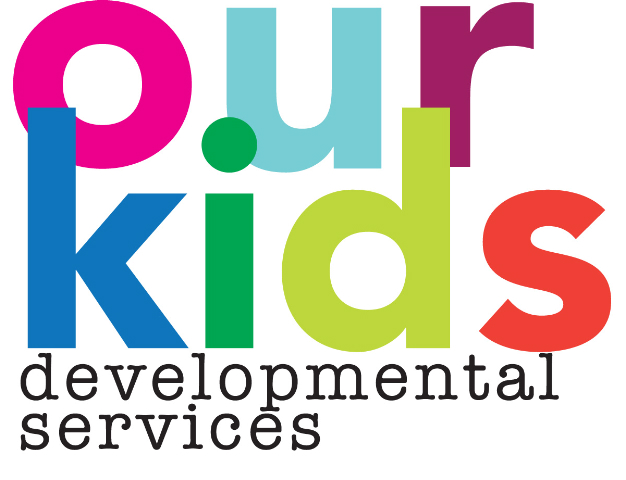What is a neuropsychological evaluation?
A neuropsychological evaluation, is an in-depth assessment of skills and abilities linked to brain function.
What types of testing is included in a neuropsychological evaluation?
Each evaluation is individualized based on the child’s history and current concerns.
Dr. Maher conducts an initial intake with parent(s) to gather information and reviews any records that are available.
Tests are carefully selected to evaluate areas such as attention, problem solving, memory, language, intellectual ability, visual-spatial skills, academic skills, and social-emotional functioning.
In addition to direct testing, interviews, observations, and questionnaires are utilized to gather additional information.
How is a neuropsychological evaluation different than a neurological evaluation?
A neuropsychological evaluation is different from tests included in a neurological evaluation. Neurologists are physician’s who use a different set of tools to investigate underlying neurological issues. The tools they use include EEG and neuroimaging. Neurologists also may recommend different treatment options such as medication to manage symptoms or control disease.
Why do people choose to have a neuropsychological evaluation?
The benefit of the evaluation, and the diagnoses and recommendations that come along with it, is that it allows other treating professionals, teachers, and parents to better understand why the child may be having difficulty in specific areas.
The evaluation will provide recommendations for the types of interventions or treatments that may be effective and appropriate, given your child’s specific set of strengths and weaknesses.
Who completes a neuropsychological evaluation?
A neuropsychologist completes a neuropsychological evaluation. A neuropsychologist is a licensed clinical psychologist who has also completed a two years of post-doctoral training in neuropsychology.
Pediatric neuropsychologists provide comprehensive neuropsychological evaluations for preschool age children, school-age children, adolescents, and young adults, to help identify underlying neurocognitive factors that contribute to the strengths and weaknesses of their functioning across settings, usually home and school. Abilities and skills are considered within a developmental framework and compared to peers of the same age or grade, as well as to the individual’s own abilities.
What steps are involved in a neuropsychological evaluation?
There are several steps that take place in order to conduct a comprehensive evaluation.
Parent/Guardian Intake
The parent intake session will usually take place at the beginning of the evaluation, and is an opportunity for the neuropsycholgist to gather information regarding the child’s developmental, medical, educational, and psychological history. It also is a good opportunity to ask any questions you have about the process. This meeting usually takes one hour.
Direct Neuropsychological Testing
When the neuropsychologist meets your child, they will talk to your child, make sure your child is at ease, and answer any questions your child might have.
Depending on your child’s age, they may be asked to fill out one or more questionnaires about their thoughts, feelings, and behavior.
During testing session(s), your child will typically meet alone with the neuropsychologist. The length of time for testing depends on the age and abilities of the child, as well as the reason for referral. Some very brief evaluations only take one session to complete.
Classroom Observation and Consultation with School
A classroom observation is sometimes recommended to view the child’s behavior in the classroom setting.
Feedback Session
Results of the evaluation and recommendations will be reviewed during the feedback session with the parent(s). A separate feedback session is conducted with the child sometimes, if appropriate given the child’s age and level of functioning.
